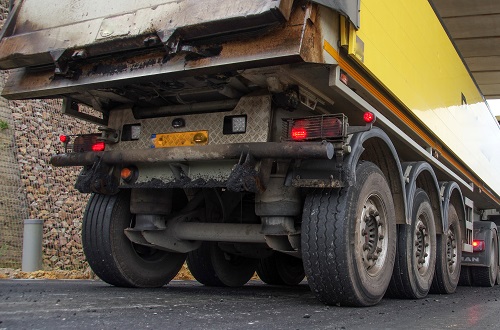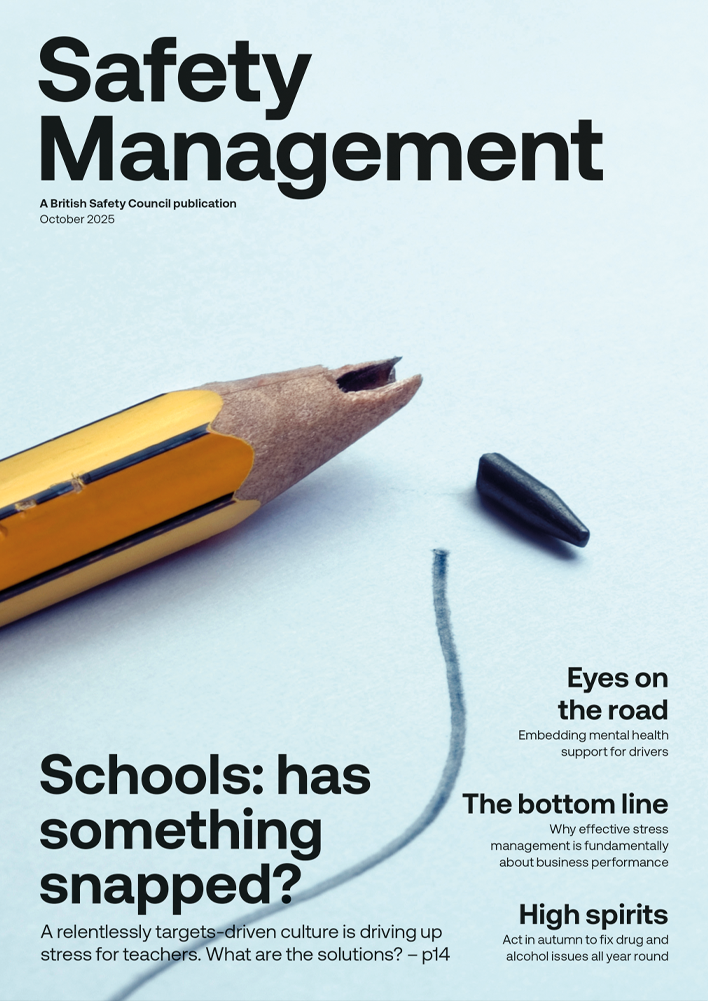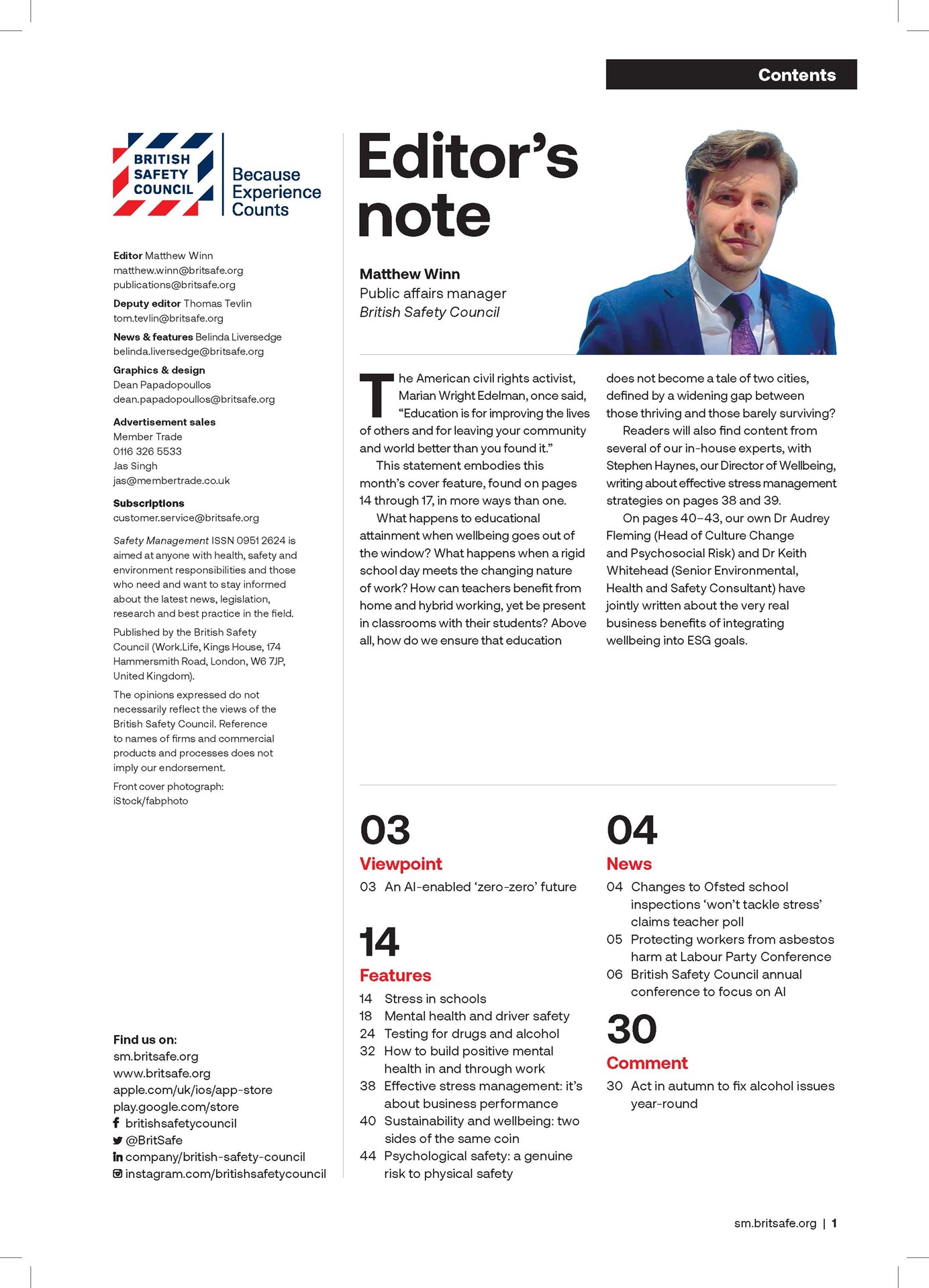Offshore oil and gas companies are being urged to focus more closely on the potential for human error to cause major accidents, after an inspection of a platform operated by Apache in the North Sea found failings in plans to prevent fires and explosions.
News
HSE urges offshore oil and gas firms to focus more on safety risks from human error
The Health and Safety Executive (HSE) issued a “major accident warning” to offshore firms on 22 July, in which it warned about the risks that human error can pose when performing safety critical tasks on oil and gas platforms.
 HSE has issued a warning to all offshore firms to consider more closely the impact that human factors could have on safety critical tasks on oil and gas platforms. Photograph: iStock/Arild Lilleboe
HSE has issued a warning to all offshore firms to consider more closely the impact that human factors could have on safety critical tasks on oil and gas platforms. Photograph: iStock/Arild Lilleboe
The warning followed an improvement notice served by the regulator to Apache North Sea Limited in May, which said: “You have failed to take appropriate measures with a view to preventing fire and explosion – in particular to prevent the uncontrolled release of flammable or explosive substances, namely hydrocarbon fluids during main oil line (MOL) pig launcher operations, on the Forties Delta offshore installation.”
The notice added that human and organisational factors issues had not been addressed in the design of the pig launching system, or in the supporting procedures and competency management systems.
Apache, which has not appealed against the notice, has until 9 November to comply.
The action against Apache prompted a wider warning from HSE to all offshore firms to consider more closely the impact that human factors could have on safety critical tasks on oil and gas platforms.
“Offshore companies need to understand and evaluate where and how these safety critical tasks might be vulnerable to human error,” said Mary Marshall, a principal specialist inspector at HSE. “Safety Critical Task Analysis (SCTA) is an established, structured process that will help companies demonstrate that these tasks can be carried out safely, reliably, and that the risks are managed to as low as reasonably practicable.”
While several offshore companies have launched SCTA programmes, HSE says they have been implemented “with varying degrees of success”. Common failings include “a lack of sustained commitment and progress with the work, and inconsistencies in the quality of assessments”.
NEWS

Top jobs in safety in greatest demand right now, says recruiter
By Belinda Liversedge on 29 October 2025
Senior safety professionals who can influence culture, lead transformation, and align health and safety with wider business goals are in growing demand by employers, the recruiter Irwin & Colton have said.

HSE inspectors target Manchester construction sites as part of health drive
By Belinda Liversedge on 28 October 2025
HSE inspectors made a series of proactive inspections last week in Manchester city centre to tackle ill-health on construction sites.

Headline fines highlight common errors in reversing
By Belinda Liversedge on 24 October 2025
Reversing incidents have come into sharp focus in recent months, says HSE with two high profile fines totalling £3.5 million for the death of two workers.



